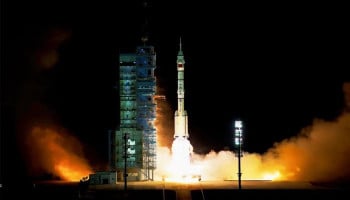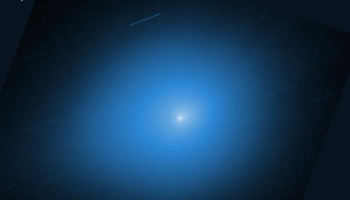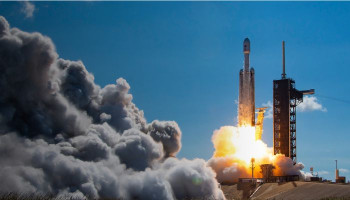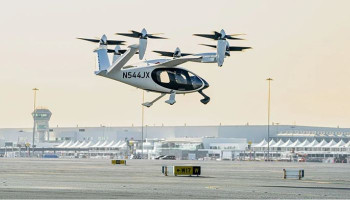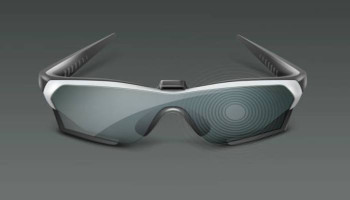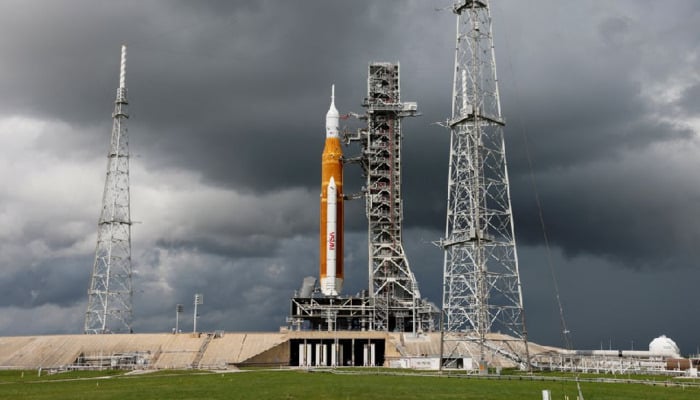
NASA's next-generation moon rocket, the Space Launch System (SLS) debut test launch for the Artemis 1 mission at Cape Canaveral, Florida, US September 2, 2022. — Reuters
NASA is set to solicite public input for the design of new navigational technology to be used on the upcoming Artemis moon mission. The astronauts would have the honour of being the first humans on the Moon in over 50 years as they venture to the south pole of the Moon.
The Artemis program is a historic journey that calls for solutions at the leading edge of technology. NASA recognised that the power of collaborative innovation and is calling on the public to tap their expertise to solve the in-space navigation problems that would stand alone on the lunar surface.
The Lunar Navigation Challenge launched on September 4, seeks innovative solutions for two critical tasks — isolating a low-tech backup navigational device, during a moonwalk so that astronauts are not lost.
Read more: Asteroid 2024 PT5 to become Earth's mini-moon for 53 days
This year's contest spans two crucial tasks.
Creation of a method to study and chart the bottom of Shackleton Crater, 13 miles wide and 2.6 miles deep crater.
Astronauts at the lunar south pole would find themselves in extreme conditions, including temperatures between -243°C and 127°C, scant sunlight, and no magnetic field.
The contest entry page observes: "The early Artemis missions would face many new challenges. Orienteering at the lunar south pole which is complicated by the extreme light and shadows from the low sun elevation."
NASA's Artemis moon mission participation details
Submission can be from individuals and teams. Submissions must:
- Extremum environment lunar surface accounts for.
- Precision, portability, and independence.
- Immune to power, electronics, or software.
NASA's Artemis moon mission awards and prizes
Two pieces separately judged
- Low-tech orienteering device: $15,000.
- Surveying and mapping Shackleton Crater: $30,000.
- Distinguish achievement award: $5,000.






